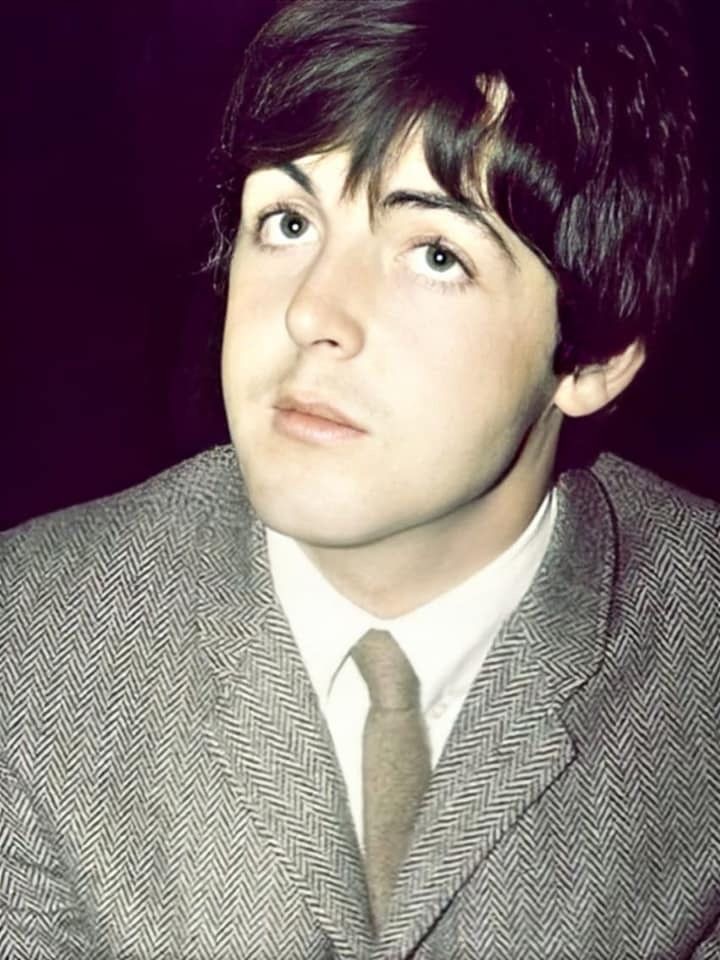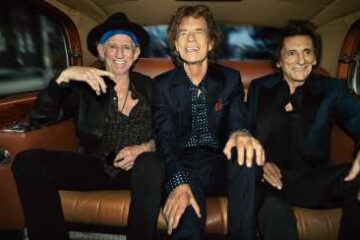There is a reason that The Beatles are remembered for their contributions to music and not so much those to cinema. However, this is not to say that the band didn’t enjoy some truly memorable moments on camera. Undeniably, A Hard Day’s Night, the band’s first attempt at creating a movie to publicise their music, was their finest. Sadly, their movie output didn’t quite match the onward trajectory of the music.
A Hard Day’s Night, directed by Richard Lester and written by Alun Owen, perfectly captured the wit of the Fab Four, introducing their eccentricities with an engaging and well-written script. Additionally, a memorable appearance from Wilfrid Brambell as Paul McCartney’s grandfather helped to bolster the narrative that loosely flowed with music from the album of the same name.
Throughout the remainder of the 1960s, The Beatles brought enjoyably unhinged performances to Yellow Submarine and Magical Mystery Tour. However, these fictional narratives never quite reached the same peaks of artistic allure. Once they had had their fun following barmy scripts loosely capturing the spirit of their music, the Beatles decided to present themselves exactly as they were in documentary form.
Hiring acclaimed filmmaker Michael Lindsay-Hogg, the band sought to create a movie that traced the recording process for their final album, Let It Be. The idea was to finish with a dramatic live performance of the new music, which ultimately took place on the rooftop of the Apple Corps headquarters in Central London. Initially, they planned to broadcast the documentary on television before a live broadcast of the finale. This plan was later dropped in favour of a feature film release.
Amid The Beatles’ breakup, Let It Be received lukewarm reviews and was pushed to the back of the Apple archives, with no home videos released after a short run in the 1980s. After that, only bootleg versions of the film circulated before a 4k restoration arrived on Disney+ in May 2024. However, by this point, Peter Jackson had blown Lindsay-Hogg’s original out of the water with The Beatles: Get Back, his highly praised attempt at re-editing archival footage from the project.
Like most of the papers at the time, The Beatles weren’t particularly pleased with how Let It Be panned out. The album exhibited a discordant shadow of a once harmonious band, and the movie reflected this bitterness at a time unwelcoming of such desolation. Over time, the footage became easier to stomach for the surviving band members and fans alike, a major factor in Jackson’s success.
Besides this self-funded documentary, The Beatles’ story has been covered in pretty much every conceivable manner. In 2019’s Yesterday, Danny Boyle even imagined a world in which The Beatles only existed in the memory of an aspiring musician. This successful feature sits atop a swarm of biopics, some faithful, some unfaithful, some mediocre, others awful. It seems the Beatles fanbase just can’t get enough.
As Sam Mendes rolls out his plan to release four biopics in 2027 to capture the story of The Beatles, some fans appear dubious. Indeed, one would have thought it would be easier, more accurate, and more enjoyable to watch the endless reels of footage in Beatles documentaries. Alas, the cash cow will be milked.
In recent years, successful biopics like Rocketman and Bohemian Rhapsody have buoyed filmmakers’ optimism. However, even these movies have been subject to scepticism, mostly regarding accuracy. Surviving members Ringo Starr and Paul McCartney would have every right to be nervous as Mendes sets out on his ambitious project.
The first of Mendes’ four movies will trace The Beatles’ early years as The Quarrymen and their subsequent rise to fame in the early 1960s. This was attempted in Iain Softley’s 1994 movie Backbeat, which focused on the band’s early exploits in Hamburg and the relationship between John Lennon and original bassist Stuart Sutcliffe. McCartney, for one, was not pleased with the movie nor its subsequent run in West End and Broadway theatres.
McCartney’s reservations boiled down to inaccuracy rife in the production. “One of my annoyances about the film Backbeat is that they’ve actually taken my rock ‘n’ rollness off me,” he claimed at the time. “They give John the song ‘Long Tall Sally’ to sing, and he never sang it in his life. But now it’s set in cement.” In reality, McCartney took lead vocals on the Little Richard cover, as corrected in some of the theatre reproductions.
In concluding his appraisal, McCartney compared Backbeat to similarly inaccurate biopics: “It’s like the Buddy Holly and Glenn Miller stories. The Buddy Holly Story does not even mention Norman Petty and the Glenn Miller Story is a sugarcoated version of his life. Now Backbeat has done the same thing to the story of The Beatles.”
However, McCartney was impressed with the portrayal of Sutcliffe, who tragically passed away in 1962. “I was quite taken, however, with Stephen Dorff’s astonishing performance as Stu,” he said.



